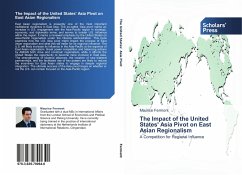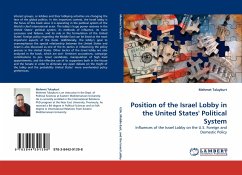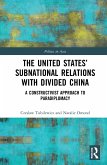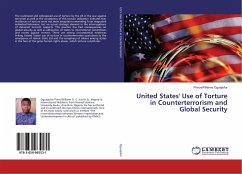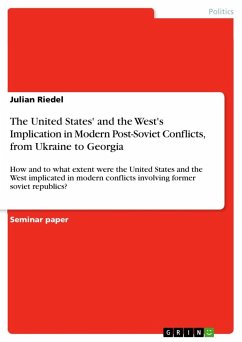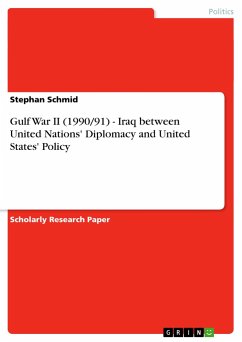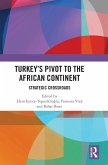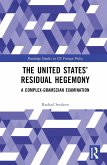East Asian regionalism is presently one of the most important multilateral dynamics in East Asia. The so-called Asia pivot marks an increase in U.S. engagement with the Asia-Pacific region in strategic, economic, and diplomatic terms, and serves to bolster U.S. influence within the region. It marks a renewed emphasis by the United States on Asia-Pacific regionalism under the Obama administration. This book examines how the U.S. Asia pivot might impact the process of East Asian regionalism and what this will mean for its regional influence. The U.S. will likely increase its influence in the Asia-Pacific at the expense of East Asian regionalism. Great power competition and balancing actions by ASEAN both drive and constrain regionalism, while it affords the United States the opportunity to become more involved in East Asia. The strengthening of bilateral alliances, the creation of new bilateral partnerships, and the facilitated rise of key powers are likely to reduce the incentivesfor East Asian states to engage in deeper regional integration. The ultimate success of the Asia pivot hinges on whether or not the U.S. can remain focused on the Asia-Pacific region.
Bitte wählen Sie Ihr Anliegen aus.
Rechnungen
Retourenschein anfordern
Bestellstatus
Storno

